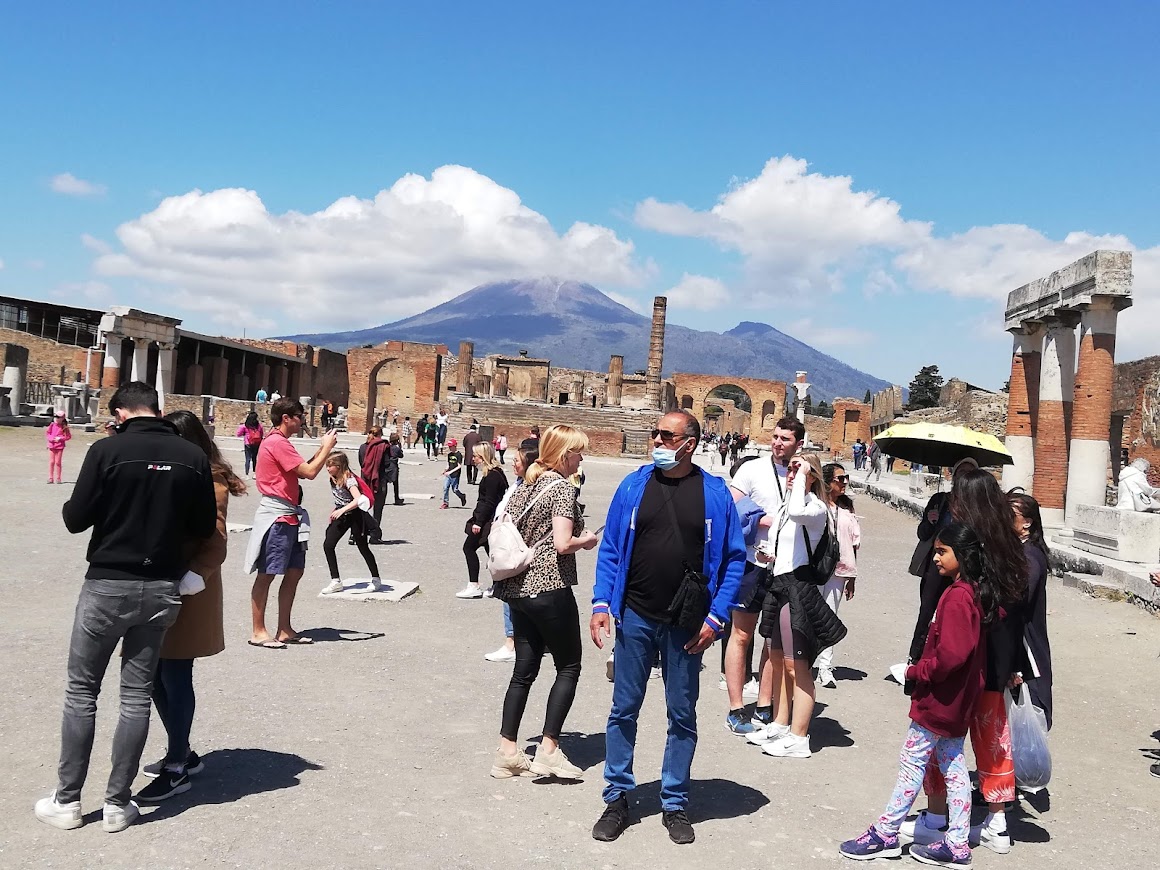Library of Alexandria - Important Achievements of Alexandria Library
"With the destruction of the Library of Alexandria and all its scrolls it was as if one whole civilization dissapeared!"
It's funny to think that many important ideas, that today we take for granted, first came to life right here in the Alexandria Library.
The Ptolemies, who wholeheartedly supported and financed the scientists from all over the antique world, were seriously interested in new knowledge being generated.
That's why, apart from simply being a place where the knowledge of the world was systematically collected, the Library of Alexandria and Mouseion were where the best minds of antiquity set the foundations in mathematics, physics, biology, geography, medicine, literature and astronomy.
Here's a little overview of some of the achievements that happened at he Library of Alexandria:
- Aristachus of Samos - a Greek astronomer and mathematician presented the first heliocentric model of the solar system, placing the Sun, not the Earth, at the center of the known universe. This was a full 1800 years before Copernicus!
- Eratosthenes - A Greek mathematician, poet, geographer and astronomer was the first person to use the word "geography" and invented the discipline of geography as we understand it. He also invented the system of longitude and latitude, and was the first person to calculate the circumference of the Earth with amazing accuracy. He was the first one to prove the Earth was round.
- Hipparchus - a Greek astrologer, geographer, astronomer and mathematician is considered the founder of trigonometry. By some, he was the greatest overall astronomer of antiquity. He compiled the first comprehensive star catalogue of the western world and calculated the length of the solar year accurately to within 6.5 minutes.
- Callimachus - a noted poet, critic and scholar is responsible for producing the catalogue of all the volumes contained in the Library of Alexandria, becoming the father of library science.
- Euclid - a Greek mathematician, is often referred to as the "Father of Geometry". He wrote "Elements", one of the most influential works in the history of mathematics, which was a textbook of geometry for 2300 years.
- Herophylus - a Greek physician, was the first scientist to systematically perform scientific dissection of human bodies and is deemed to be the first anatomist. He identified the brain, not the heart, as the controlling organ of the body and the seat of intelligence.
- Dyonysius of Thrace - is attributed with writing the first extant grammar of Greek, "Art of Grammar".
- Hero of Alexandria - was a Greek mathematician and engineer, considered the greatest experimenter of antiquity. He is inventor of gear trains and steam-powered engines. One of his most famous inventions was also a windmill, the earliest instance of wind harnessing on land.
- Archimedes - a mathematician, physicist, engineer, inventor and astronomer, one of the leading scientists in classical antiquity, the greatest mechanical genius until Leonardo da Vinci, was a visiting scholar at the Library of Alexandria, too.
- Claudius Ptolemy - astronomer, mathematician and geographer established a geocentic model, which was although incorrect, almost universally accepted for 1500 years.
- Zenodotus - was a native of Ephesus, a Greek grammarian, literary critic, the first librarian and superintendent of the Library of Alexandria. He wrote basic works on healing and anatomy, which dominated until Renaissance.
- Galen - a physician, surgeon and philosopher and the most accomplished medical researcher of antiquity lived and worked at the Library of Alexandria. He wrote basic works on healing and anatomy, which dominated until the Renaissance.
- Erastitratus - founded a school of anatomy in Alexandria and was the first to distinguish between veins and arteries, and was very close to the discovery of the circulation of blood.
- Hypatia - who taught at the Library of Alexandria, was considered the first notable woman in mathematics, and also taught neo-platonist philosophy and astronomy.
It was here in ancient Alexandria, most probaby in the Alexandrian library, that 72 specialists first translated the Old Testament from Hebrew to Greek, the famous Septaguint.
Also, the Calendar we use today was worked out in Alexandria: the Egyptian calculation that a year had 365 days was corrected to the existence of a Leap Year. However, it was only reinforced with the arrival of Julius Caesar to Egypt, who established the "Alexandrian year" as official and called it "Julian".
With the destruction of the Library of Alexandria and all its scrolls it was as one whole civilization disappeared...many works were lost to us forever.
After such a concentrated era of triumphs in science, mankind slipped into the darkness of barbarism and old-wives tales for a long time.
RELATED ARTICLES:
ALEXANDRIA EGYPT ARTICLES TABLE OF CONTENTS
From LIBRARY OF ALEXANDRIA to Mediterranean Cruise Ports Easy
HOME PAGE
Enjoy this page? Please pay it forward. Here's how...
Would you prefer to share this page with others by linking to it?
- Click on the HTML link code below.
- Copy and paste it, adding a note of your own, into your blog, a Web page, forums, a blog comment,
your Facebook account, or anywhere that someone would find this page valuable.














